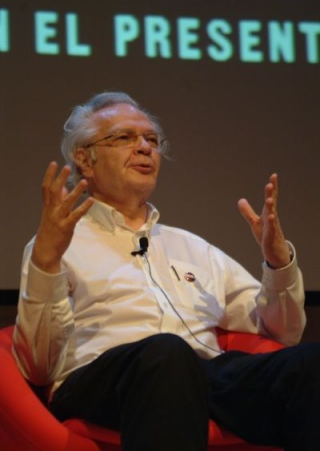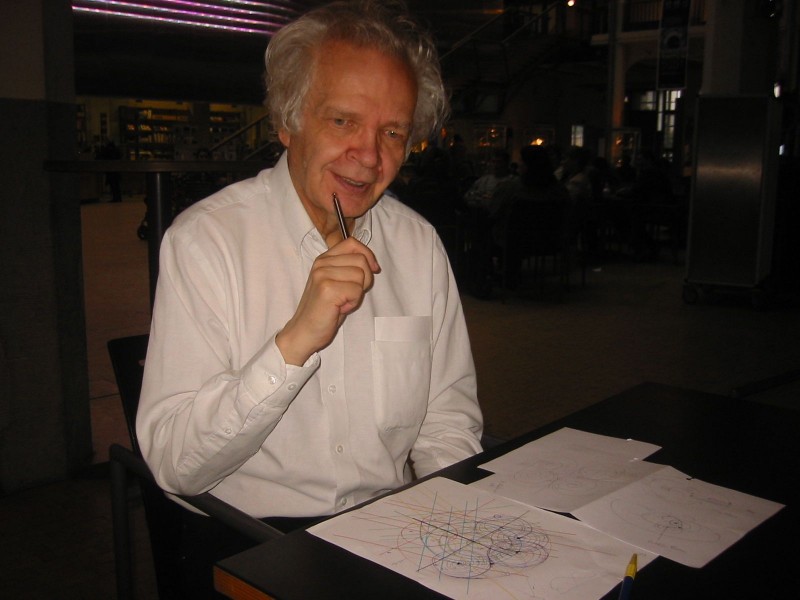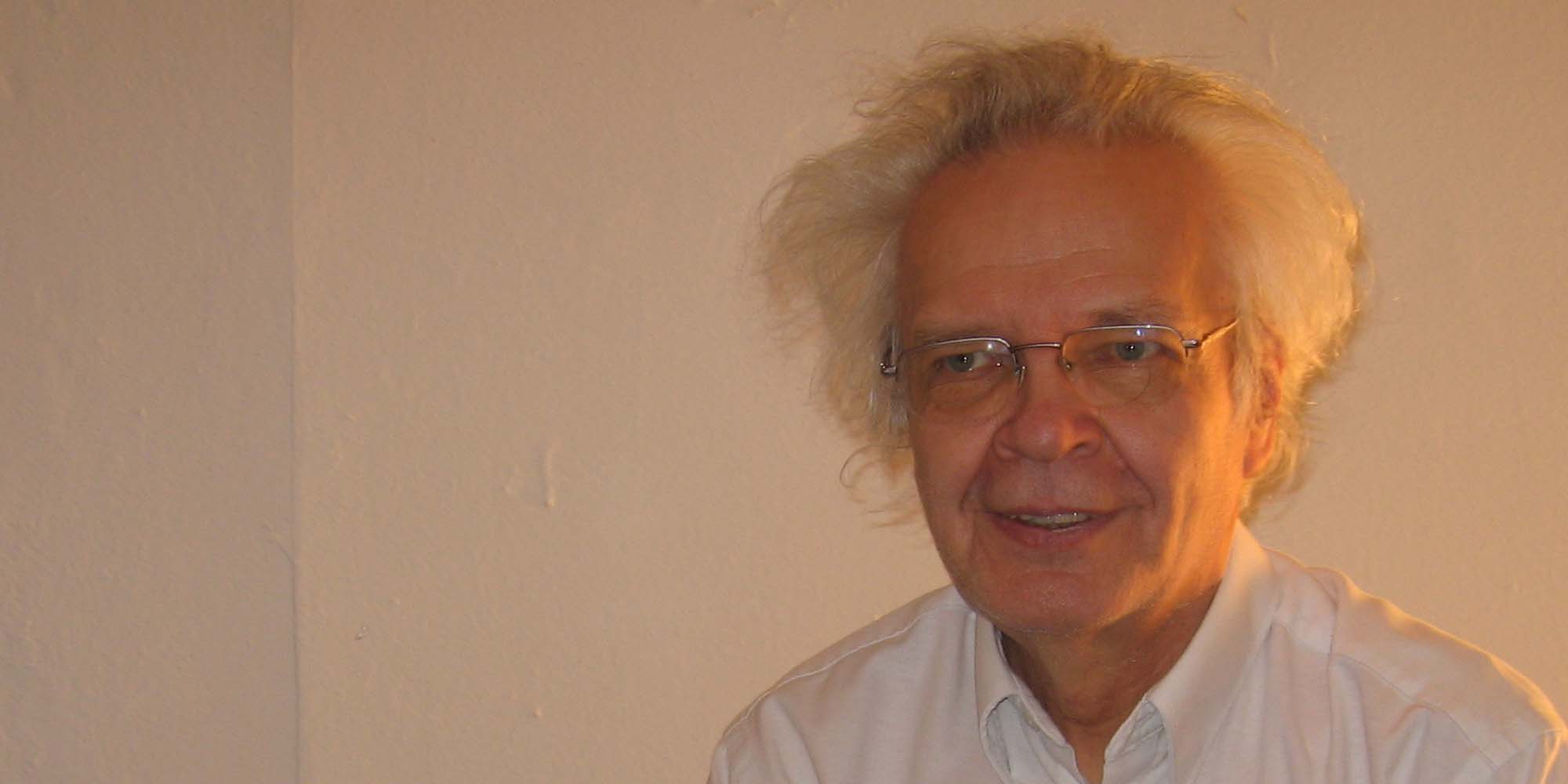<Back to Index>
- Biochemist Otto E. Rössler, 1940
PAGE SPONSOR


Otto E. Rössler (born 20 May 1940) is a German biochemist and is notable for his work on chaos theory and his theoretical equation known as the Rössler attractor.
Rössler was born in Berlin. He was awarded his MD in 1966. Rössler then began his post doc at the Max Planck Institute for Behavioral Physiology, in Bavaria. In 1969, he started a visiting appointment at the Center for Theoretical Biology at SUNY - Buffalo. Later that year, he became Professor for Theoretical Biochemistry at the University of Tübingen. In 1976, he became a tenured University Docent. In 1994, he became Professor of Chemistry by decree.
Rössler has held visiting positions at the University of Guelph (Mathematics) in Canada, the Center for Nonlinear Studies of the University of California at Los Alamos, the University of Virginia (Chemical Engineering), the Technical University of Denmark (Theoretical Physics), and the Santa Fe Institute (Complexity Research) in New Mexico.
In June 2008 Rössler emerged in the public eye as a critic of the Large Hadron Collider (LHC) proton collision experiment supervised by the European Organization for Nuclear Research in Geneva and was involved in a failed law suit to halt its start up. He argued that CERN’s proton collisions had a one in six chance of generating dangerous miniature black holes that could bring about the end of the world. This kind of planetary Russian Roulette, Rossler says, “is a risk you mustn’t take.”, though his arguments were later described as being "... based on an elementary misunderstanding of the theory of general relativity" and that his ideas would not pass peer review.
Rössler has authored around 300 scientific papers in fields as wide - ranging as biogenesis, the origin of language, differentiable automata, chaotic attractors, endophysics, micro relativity, artificial universes, the hypertext encyclopedia, and world - changing technology.
